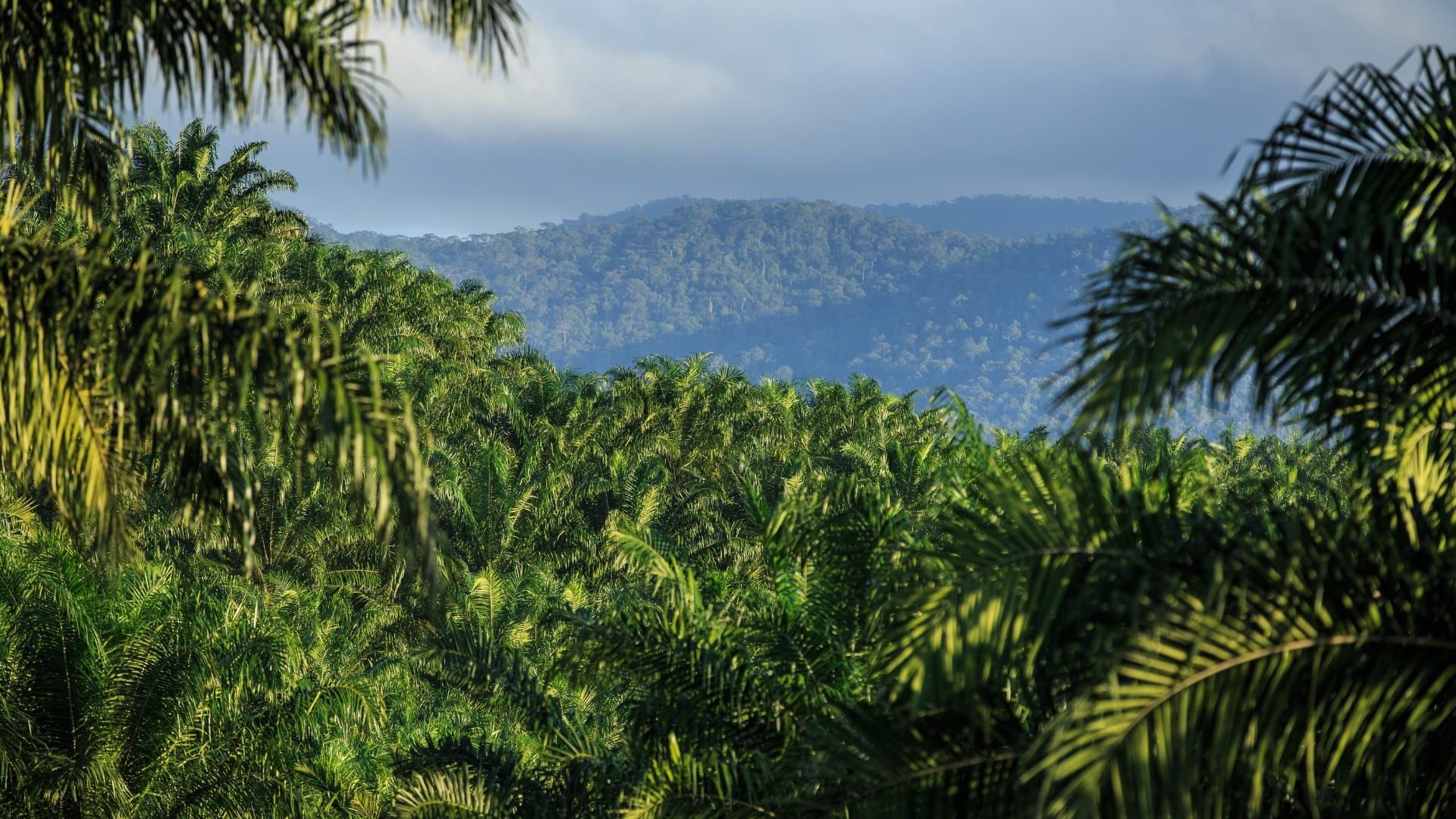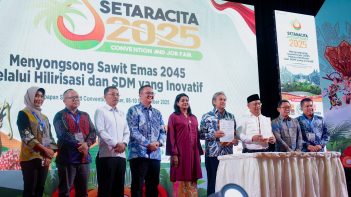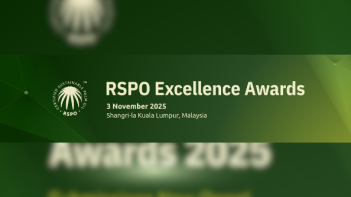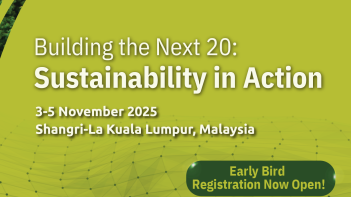On 21 May 2021, RSPO Asia Pacific hosted a webinar for its Australian members and stakeholders on how to address the “Ban Palm Oil” messaging that is gaining traction in Australia.
In Australia, the import volume of crude palm oil has largely plateaued in recent years, in contrast to the overarching global trend. However, palm oil remains a contentious issue for Australian consumers and environmental advocacy groups. Given Australia’s close geographical proximity to Indonesia and Malaysia and associated economic and political ties, palm oil sustainability has become a very important topic in the country.
Vocal advocates of CSPO
Several major Australian businesses involved with palm oil have made strong commitments to convert to sustainable palm oil and have thus scored highly for their use of CSPO in the WWF Palm Oil Buyers Scorecard.
The Australian market for palm oil is not very large in terms of volume, hence it cannot have a marked effect on the overall level of sustainability in the global palm oil industry. However, it is a very vocal country when it comes to sustainability as well as a very important market in terms of reputation, so the increased uptake of CSPO and a positive image of RSPO certified sustainable palm oil in Australia will help address consumer outrage and concerns associated with palm oil in the developed world.
The webinar was open to all 160 members of RSPO in Australia and had prominent panellists representing environmental and social NGOs, major zoos, and vocal advocates of CSPO in Australia.
The RSPO webinar started with a brief introduction and major updates from RSPO Asia Pacific Representative Dr. Preethi Jain, followed by an overview of RSPO’s efforts in upholding human and labour rights presented by Prasad Vijaya Segaran, Senior Executive of Human Rights & Social Standards.
Educate, engage and and empower consumers
The first panelist, Mr. Kevin O Grady, Director of Pinnacle Quality and the leading certifier of RSPO in Australia and New Zealand, said, “The drivers for RSPO in Australia and New Zealand are supermarket supplier approval conditions or as a risk mitigation measure should the palm oil debate become public.” He added that the consumer message is that all palm oil is bad and almost no one uses the trademark or advertising RSPO certification because it has the words “palm oil” in it. “The first rule of sustainable palm oil seems to be `don’t talk about sustainable palm oil´. It’s important now to have the debate but also to recognise that the outrage around palm oil is unabated. It’s vital to address the outrage first.”
Ms. Katherine Teh, Managing Director of Futureye, added, “Palm oil´s terrible reputation for deforestation and human rights abuses helped create the need for RSPO, so as a result we now have sustainable palm accredited by the multi-stakeholder process. The downside of this terrible reputation is that the community doesn’t differentiate palm and sustainable palm, and so have assumed that if they choose ‘palm-free’ it will be better for forests and human rights. However, palm-free can be several times worse than sustainable palm. So we need to communicate and engage with consumers to make them more aware.”
Ms. Belinda Fairbrother from the Taronga Conservation Society Australia stated that it is imperative to educate and empower consumers and facilitate action that supports the transition towards a truly responsible palm oil industry to ensure that Australian companies commit to transition to only RSPO certified sustainable palm oil and that it is seen as a part of a 360 solution that will protect tigers, communities and habitats.
Mr. James Forbes, CEO of the Jane Goodall Institute Australia, stressed the importance of involving the youth in the campaign for sustainable palm oil. “Young people are an ideal pathway to communicate a complex message simply,” he said. “The vexed issue of sustainable palm oil over no palm oil can be addressed by delivering this message directly to them via curriculum-aligned resources that teachers can pick up easily and share.”
This RSPO Webinar was one of the first outreach activities in Australia in recent times, and the overwhelming support from members and stakeholders has been an encouraging sign to amplify engagement with Australia and New Zealand in 2021, as well as to develop more sustained and targeted strategies to address consumers’ unease.
Keep reading
RSPO accepted in the Netherlands as a private control system for EUDR

RSPO x JaSPON Conference and Member Engagement Forum 2025 Spotlights Japan’s Sustainability Success and Market Growth
Call for Expression of Interest: Independent Investigation of a Complaint
Call for Expression of Interest: Mexico National Interpretation Task Force for 2024 RSPO Principles and Criteria (RSPO P&C) and Independent Smallholder (ISH) Standard

RSPO–APKASINDO Partnership to Boost Inclusive Growth, Certification, and Market Access for Oil Palm Smallholders

Open Letter to COP30 President: Integrating Forests and Biodiversity: A Policy Central to Paris Agreement Success

Bridging the Auditing Divide: Key Takeaways from the RSPO Assurance Forum 11

Extension of RSPO Excellence Awards 2025 Submission Deadline!





